Mabel van Oranje, co-chair of ECFR Board
Alison Wallace, new CEO, ECFR
Bert Koenders, Minister of Foreign Affairs of the Netherlands (video)
In the immediate aftermath of the UK’s referendum on EU membership over 200 serving foreign ministers, former prime ministers, members of national parliaments and European Parliament, EU Commissioners, former NATO secretaries generals, professors, journalists and business leaders will come together at the European Council on Foreign Relations Annual Council meeting in The Hague – a forum that provides an excellent opportunity for ECFR Council Members alongside external high-level speakers to discuss the most pressing foreign policy challenges of the day and look creatively at Europe’s long-term prospects.
The meeting will discuss Europe’s management of refugee flows, Britain’s place in Europe after the referendum; how NATO and the EU should respond to the threat of Russian aggression; what the EU’s interest should be in Syria; what the strategic partnership between Europe and Turkey should look like; Europe’s role in Libya; and Europe’s response to the US presidential election.
Find multimedia resources from last year's meeting in Brussels
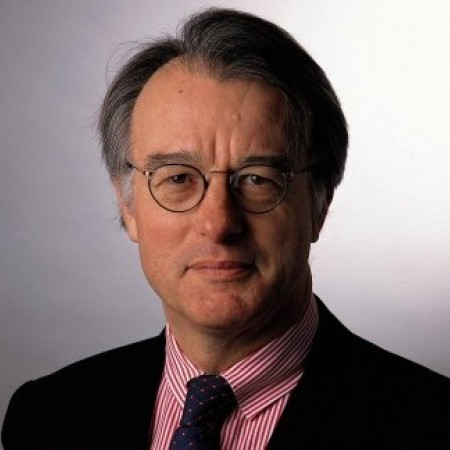
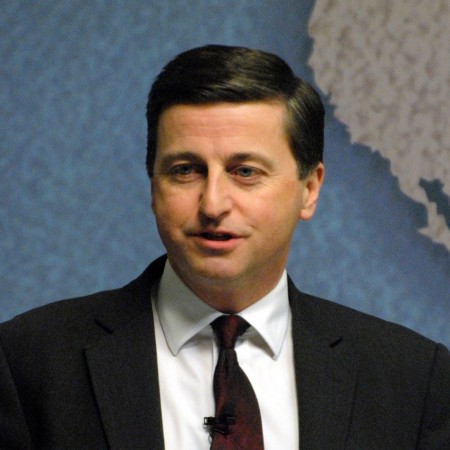
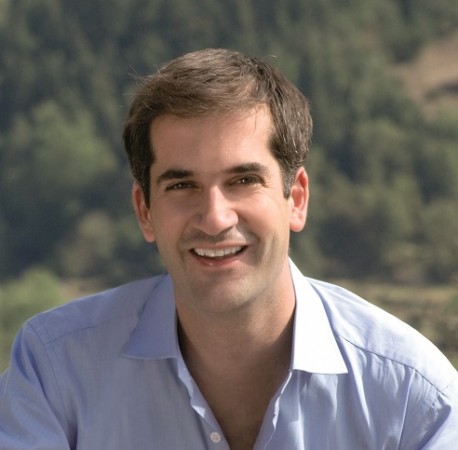
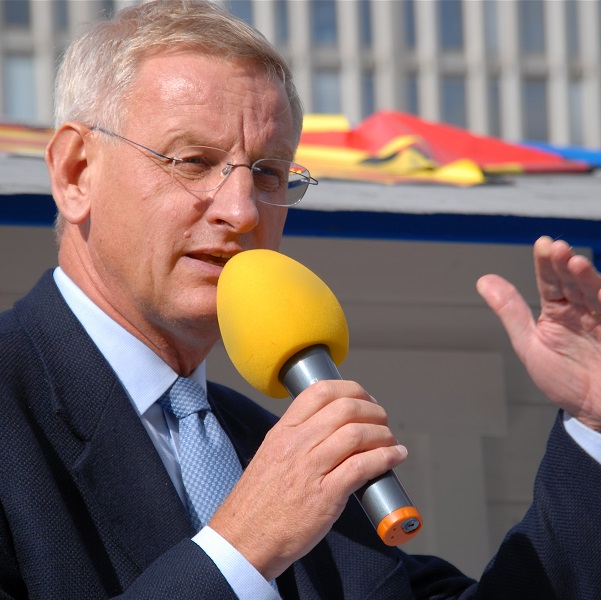
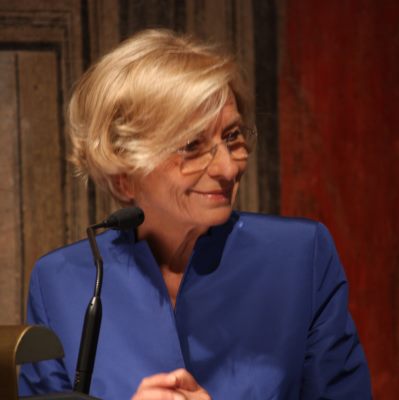
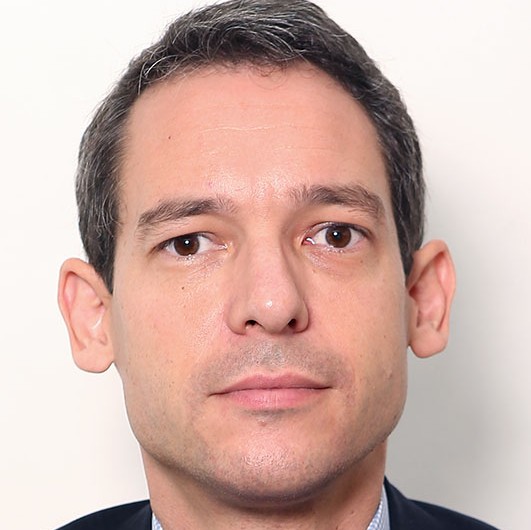
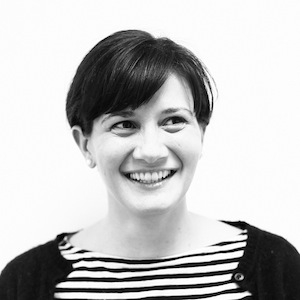
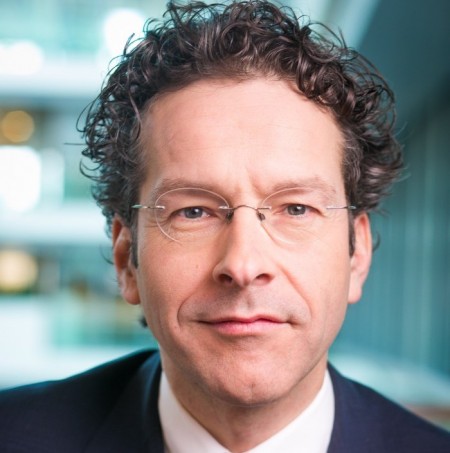
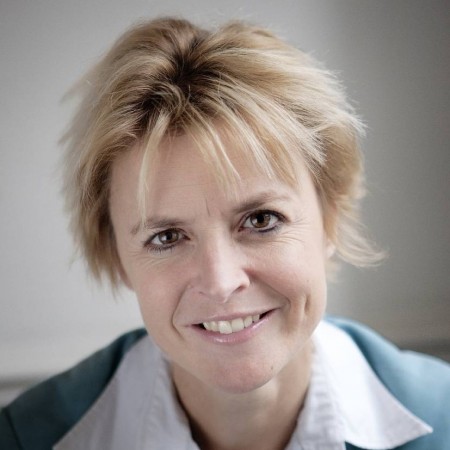
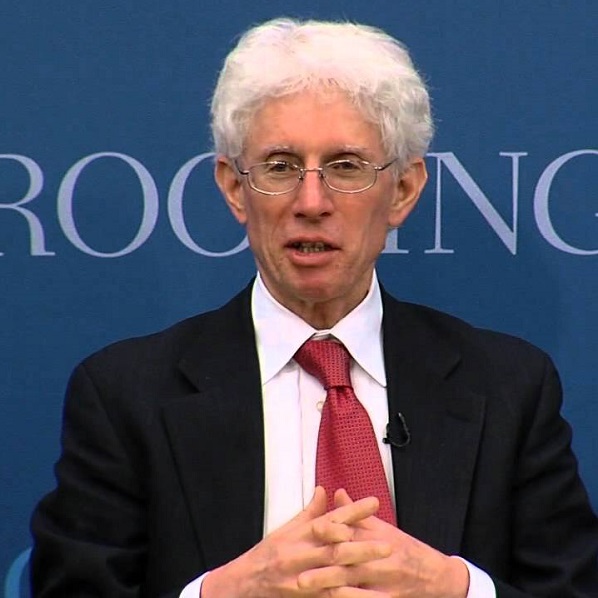
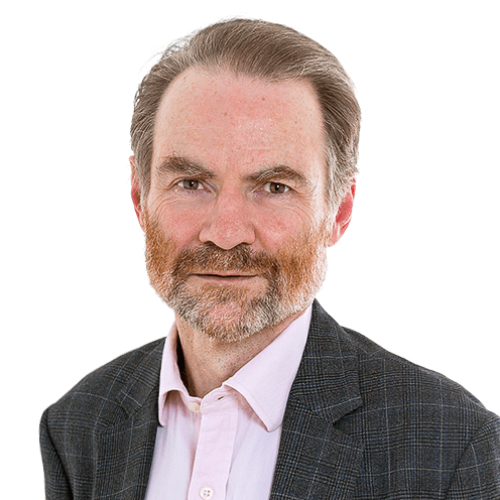
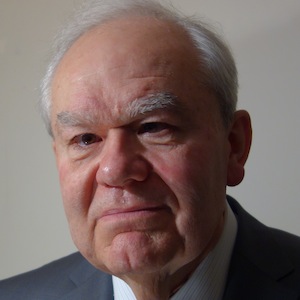
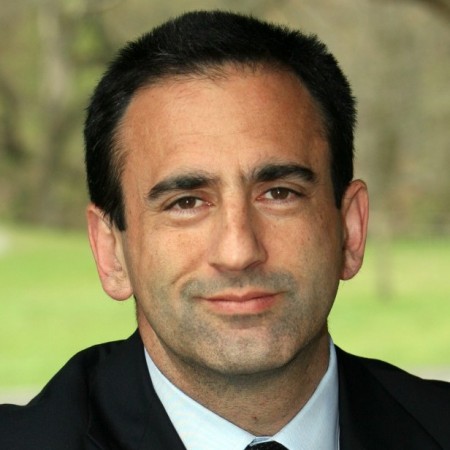
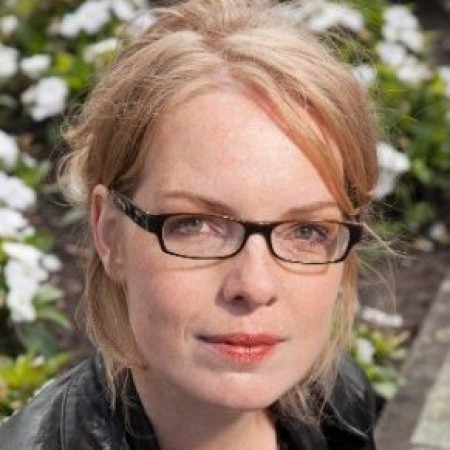
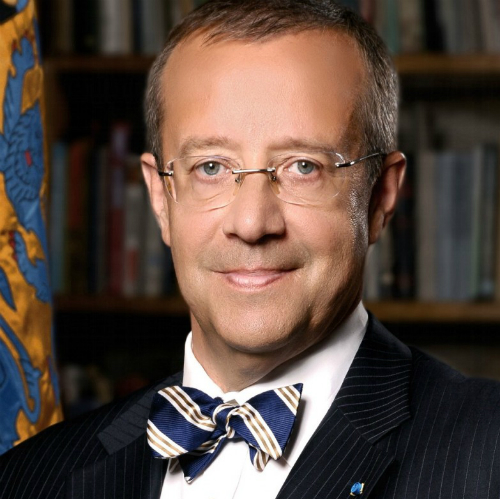
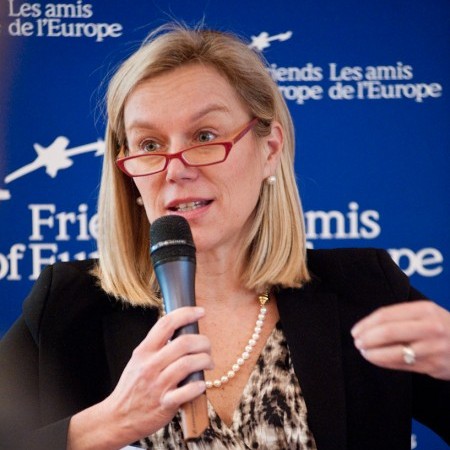
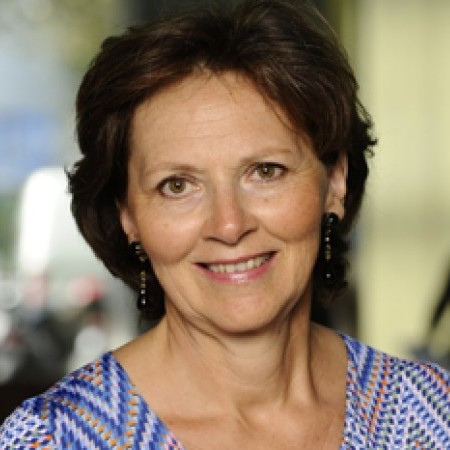
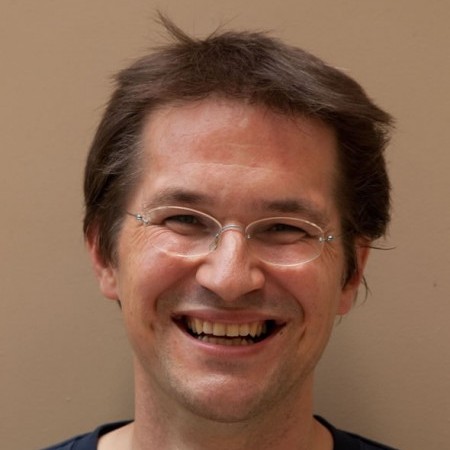
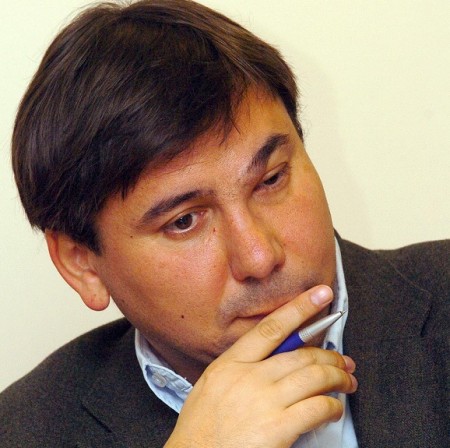
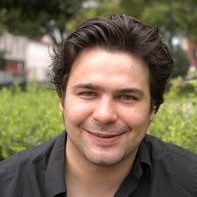
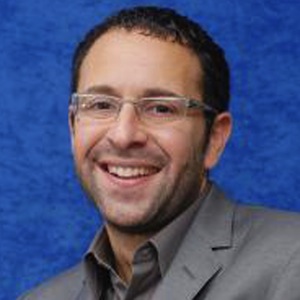
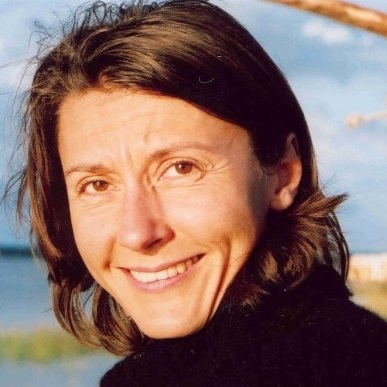
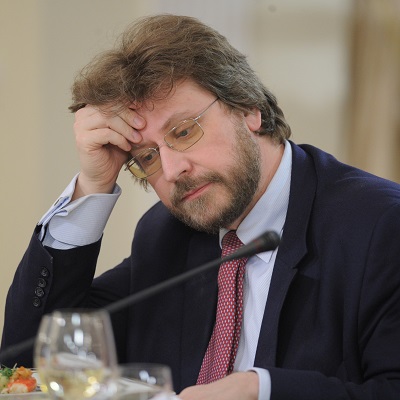
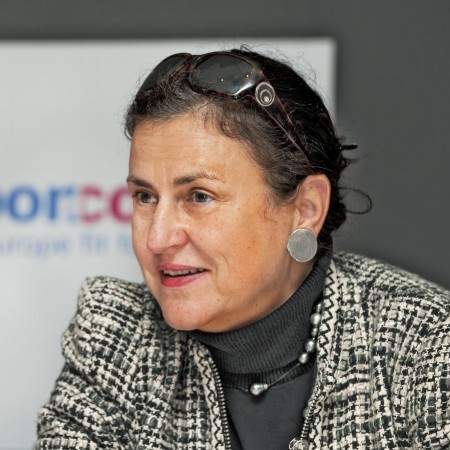
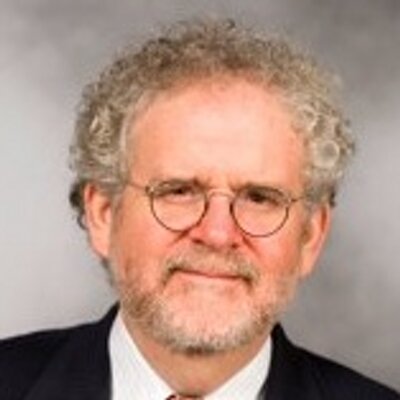
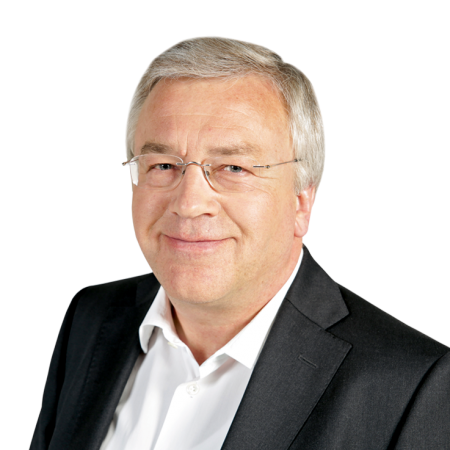
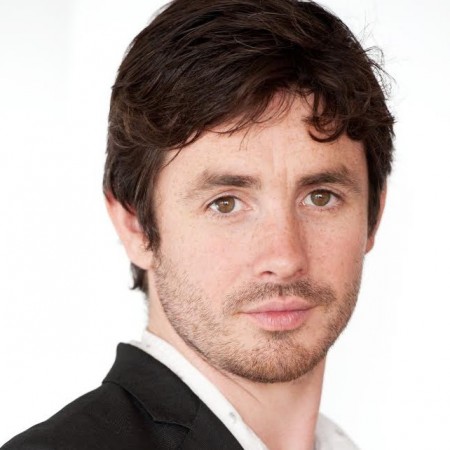
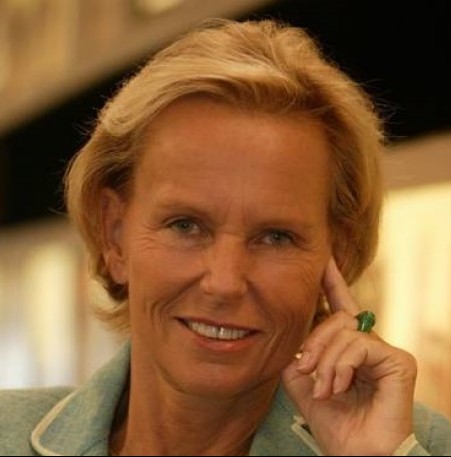
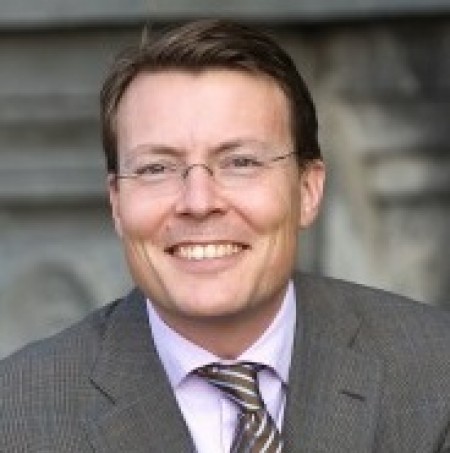
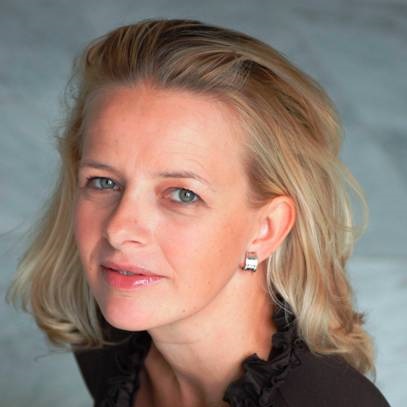
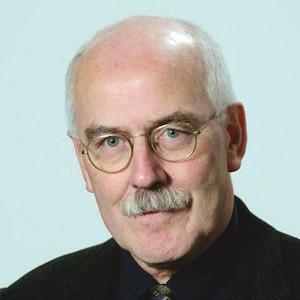
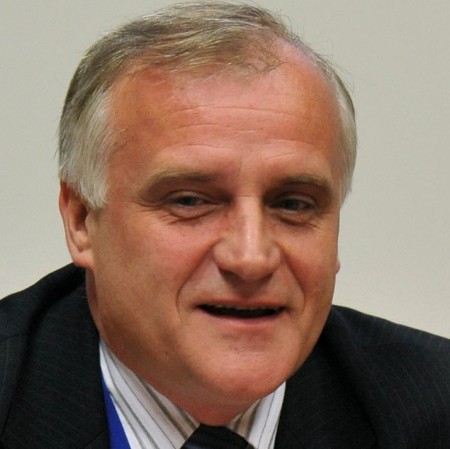
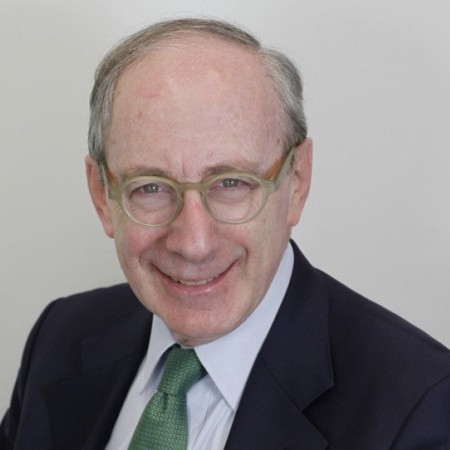
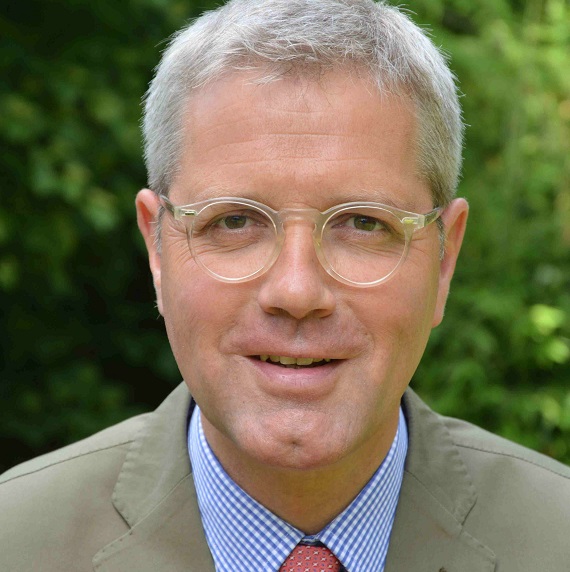
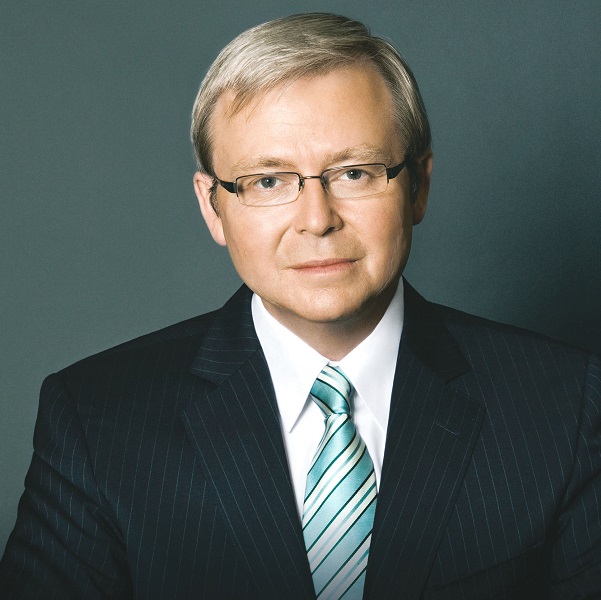
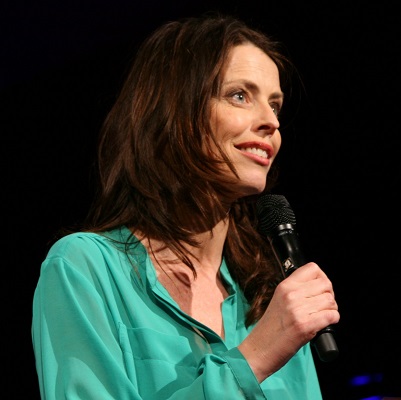
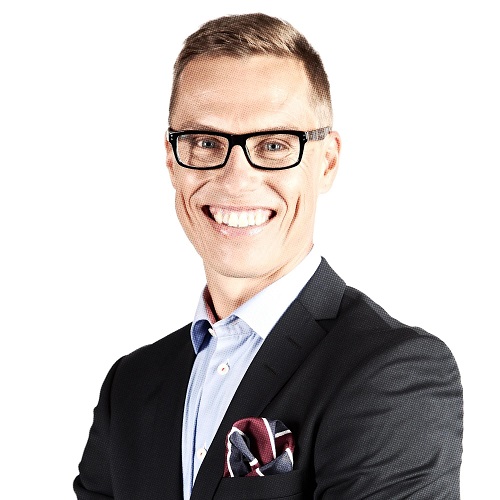
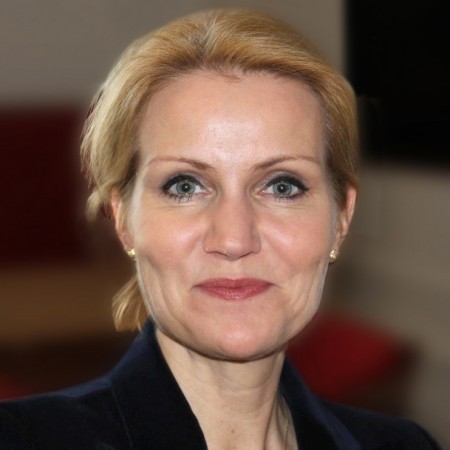
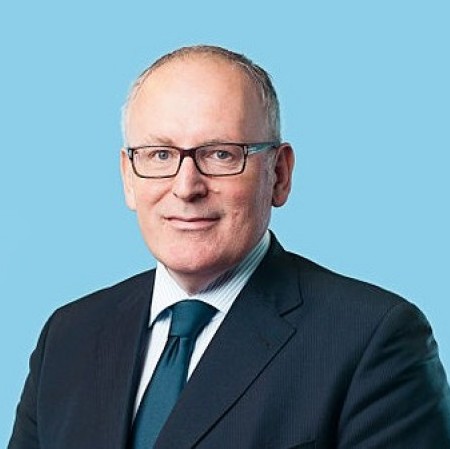
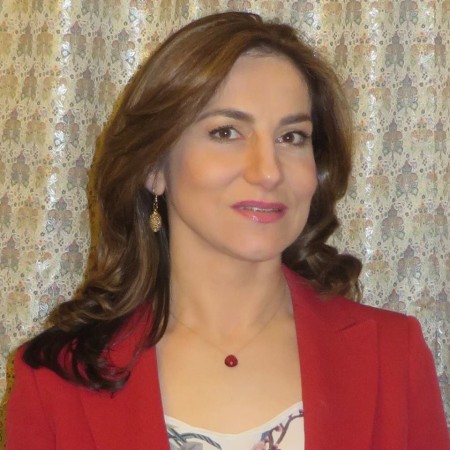
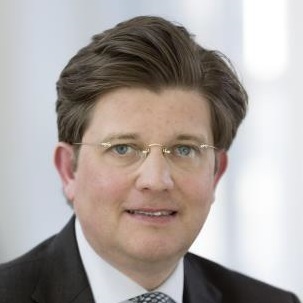
Click here to download the complete essay collection. Each paper matches a session of this agenda.
By Mark Leonard
By Kadri Liik
ECFR 2016 Annual Council Meeting is now finished! Recordings of the various sessions will be available on this page
Europeans have been and are in serious #Brexit denial. Q: are we also in denial of possible @DJTrump2016 president?#ecfr16
— Alba Lamberti (@alba_lamberti) June 28, 2016
#ecfr16 will #TTIP get out of the agenda once Obama get out of office?
— ECFR (@ecfr) June 28, 2016
@JyShapiro Who will win the US elections? @BillGalston @wrmead don't think it is likely Trump will be elected president. Phew. #ecfr16
— Angela Stanzel (@angela_stanzel) June 28, 2016
Every bohemian European poet thinks the NSA is reading their love letters. They're not. Pres Ilves on EU privacy paranoia. #ecfr16 #digital
— Susi Dennison (@sd270) June 28, 2016
Idea that migration pressures are basically Europe's problem is a fundamental US misunderstanding @AmbSzemerkenyi #ecfr16
— Susi Dennison (@sd270) June 28, 2016
Transatlantic relations set to get 'less romantic'. Pity. @AmbSzemerkenyi #ecfr16
— Andrew Duff (@AndrewDuffEU) June 28, 2016
Central Europe is most vulnerable if EU's strong transatlantic ties change with next US Pres @AmbSzemerkenyi #ecfr16
— Susi Dennison (@sd270) June 28, 2016
#ecfr16 @wrmead Drumpf is not so much America's Mussolini but rather America's Berlusconi
— Alba Gomez (@agg1609) June 28, 2016
@wrmead hopes the next US president will make the US a more positive power in Europe's own struggles #ecfr16
— Angela Stanzel (@angela_stanzel) June 28, 2016
@BillGalston The issues & the demographic breakdown in the #brexit debate mirror exactly the debate in the United States right now #ecfr16
— Lucinda Creighton (@LCreighton) June 28, 2016
Finally, this session won't go on Facebook Live for technical reasons, but you will find the complete audio recordings on this page in a couple of hours. And of course, keep following the page for a live selection of the best tweets
#ecfr16 @BillGalston "#Russia has again emerged as the political adversary of the West on many, many fronts"
— ECFR (@ecfr) June 28, 2016
@BillGalston: Expectation of #Europe to #US next president: Abandonment of the #Asiapivot policy #ecfr16
— Abigaël Vasselier (@v_abigael) June 28, 2016
The last session has just started! We'll be very soon be live streaming on our Facebook page
What should Europe want from the next US President?
Bill Galston, Ezra K. Zilkha Chair in Governance Studies, Brookings Institution @BillGalston
Walter Russell Mead, James Clarke Chace Professor of Foreign Affairs and Humanities, Bard College @Wrmead
Réka Szemerkényi, Ambassador of Hungary to the United States @AmbSzemerkenyi
Moderator: Jeremy Shapiro, Research Director, ECFR @JyShapiro
The session with Dutch finance minister Jeroen Dijsselbloem just finished, but you can watch it here! We move to the breakout sessions, we'll be live again on this page from 11.45 with a great panel on "What should the EU ask to the next US president"
#ECFR16 Agree with Dijsselbloem: we have to strengthen Eurozone gradually and bring down unemployment more quickly
— Hannes Swoboda (@Hannes_Swoboda) June 28, 2016
Genuine EMU needs economic & social convergence which 'requires honest politicians' @J_Dijsselbloem #ecfr16
— Andrew Duff (@AndrewDuffEU) June 28, 2016
What does #brexit mean for the Eurozone? @J_Dijsselbloem is asked at #ecfr16
— Piia-Noora Kauppi (@Piianoora) June 28, 2016
Confirmed roadmap of ECOFIN ok, if the sovereign risk exposures also taken seriously. #ecfr16 @J_Dijsselbloem
— Piia-Noora Kauppi (@Piianoora) June 28, 2016
UK 'looking in drawers' for the Brexit plan. @J_Dijsselbloem #ecfr16
— Andrew Duff (@AndrewDuffEU) June 28, 2016
.@J_Dijsselbloem: not sure which drawer in Whitehall the Brexit plan is - apparently they're still looking for it. #ecfr16
— Tom Nuttall (@tom_nuttall) June 28, 2016
Looking back at the Dutch EU Presidency 2016 at the annual meeting of the #ECFR16 live: https://t.co/AWtI8SxOm5 pic.twitter.com/YQKDUUJyrW
— Jeroen Dijsselbloem (@J_Dijsselbloem) June 28, 2016
Glad to hear @J_Dijsselbloem reaffirm commitment to banking union esp. deposit insurance scheme which has disappeared off agenda #ecfr16
— Lucinda Creighton (@LCreighton) June 28, 2016
#ecfr16, @J_Dijsselbloem: "there are still too many barriers to the internal market, especially on #digital economy"
— ECFR (@ecfr) June 28, 2016
.@J_Dijsselbloem: worried about "prolonged period of uncertainty" after Brexit vote. In no one's interest, "least of all Britain's". #ecfr16
— Tom Nuttall (@tom_nuttall) June 28, 2016
In conversation with Jeroen Dijsselbloem, Minister of Finance of the Netherlands
@J_Dijsselbloem
Moderator: Lykke Friis, Prorector, University of Copenhagen @lykkefriis
Good morning!
The first on-the-record session will be at 10 AM with Jeroen Dijsselbloem, Minister of Finance of the Netherlands, and you will be able to follow it on live streaming on this with and on our Facebook page.
The recording of yesterday's last session is now available
The last session has just finished. See you tomorrow morning!
Useful reading for current #ecfr16 panel on security - last year's most read publication by @gresselgustav https://t.co/Ays5zXkbXf @ecfr
— ECFR Wider Europe (@ECFRWiderEurope) June 27, 2016
#ecfr16 @alexstubb Putin's aggression against Ukraine has ignited a new NATO debate in SWE/FIN. And this one is serious.
— Gustav C. Gressel (@GresselGustav) June 27, 2016
Thanks @alexstubb for clarity about Russia and the role for NATO! #ecfr16 -we will need all platforms for European security
— Gunilla Carlsson (@CarlssonSwe) June 27, 2016
The audio recording of the previous session: "Brexit, Views from the UK" is now available
The Balkans are a European security vulnerability #ECFR16
— Cristina Manzano (@ManzanoCr) June 27, 2016
#ecfr16 @NATOmoscow the "n" word needs to be on the table again. NATO is a nuclear alliance!
— Gustav C. Gressel (@GresselGustav) June 27, 2016
So true. Putin knows how to play with the populist parties of the MS. #ecfr16 https://t.co/818PXEWgs2
— Piia-Noora Kauppi (@Piianoora) June 27, 2016
'#NATO has to ask itself: what is the nature of article 5 in present circumstances?' - Jaap de Hoop Scheffer at #ECFR16
— Ulrike E Franke (@RikeFranke) June 27, 2016
We should beef up our military presence even military, in the Baltics, in Poland, in the Artic, Jaap de Hoop Scheffer @NATO #ECFR16
— Cristina Manzano (@ManzanoCr) June 27, 2016
#ecfr16 @NATOmoscow Putin has a coherent strategy on Europe, but Europe no coherent strategy on Russia
— Gustav C. Gressel (@GresselGustav) June 27, 2016
Hoop Scheffer #ecfr16 "Putin has a EU policy but the EU has no Russia policy"
— Angela Stanzel (@angela_stanzel) June 27, 2016
#ecfr16 Jaap de Hoop Scheffer: dialogue with Russia should focus on preventing accidental escalation.
— Gustav C. Gressel (@GresselGustav) June 27, 2016
#ECFR16 moves to #security and #defence: #NATO panel with Beatrice de Graaf, Jaap de Hoop Scheffer & Nick Witney pic.twitter.com/CNZrLx7e2R
— Ulrike E Franke (@RikeFranke) June 27, 2016
#ecfr16 deterring Russian aggression: to do: assistance to ENP states; NATO reaction forces; updated nuclear deterrence; NATO manoeuvres
— Gustav C. Gressel (@GresselGustav) June 27, 2016
The next discussion will start in 5 minutes
Beatrice de Graaf, Professor of the History of International Relations and Global Governance, University of Utrecht
Jaap de Hoop Scheffer, former NATO Secretary General
Robert Pszczel, Acting Director, NATO Information Office in Moscow @NATOmoscow
Moderator: Nick Witney, Senior Policy Fellow, ECFR
"To claim that the voters were incompetent to make the decision, is a dead end", says @D_G_Alexander #brexit #ecfr16 Touché!
— Piia-Noora Kauppi (@Piianoora) June 27, 2016
No way to restrict free movement without saying "you are not welcome", solution has to be found in labor markets and new solidarity #ecfr16
— Rebecca Adler-Nissen (@RebAdlerNissen) June 27, 2016
Robert Cooper: #EUref is a failure of parliamentary democracy. I like parliaments, and you know how to get rid of them if the fail. #ecfr16
— Diana Janse (@sigriddiana) June 27, 2016
RCooper #ecfr16 "The referendum itself was a disgrace. It was a failure of parliamentary democracy."
— Angela Stanzel (@angela_stanzel) June 27, 2016
@SylvieKauffmann @JyShapiro If you can't join them beat them as the Danish FM said before DK won the Euro1992;after no to Maastricht #ecfr16
— Lykke Friis (@lykkefriis) June 27, 2016
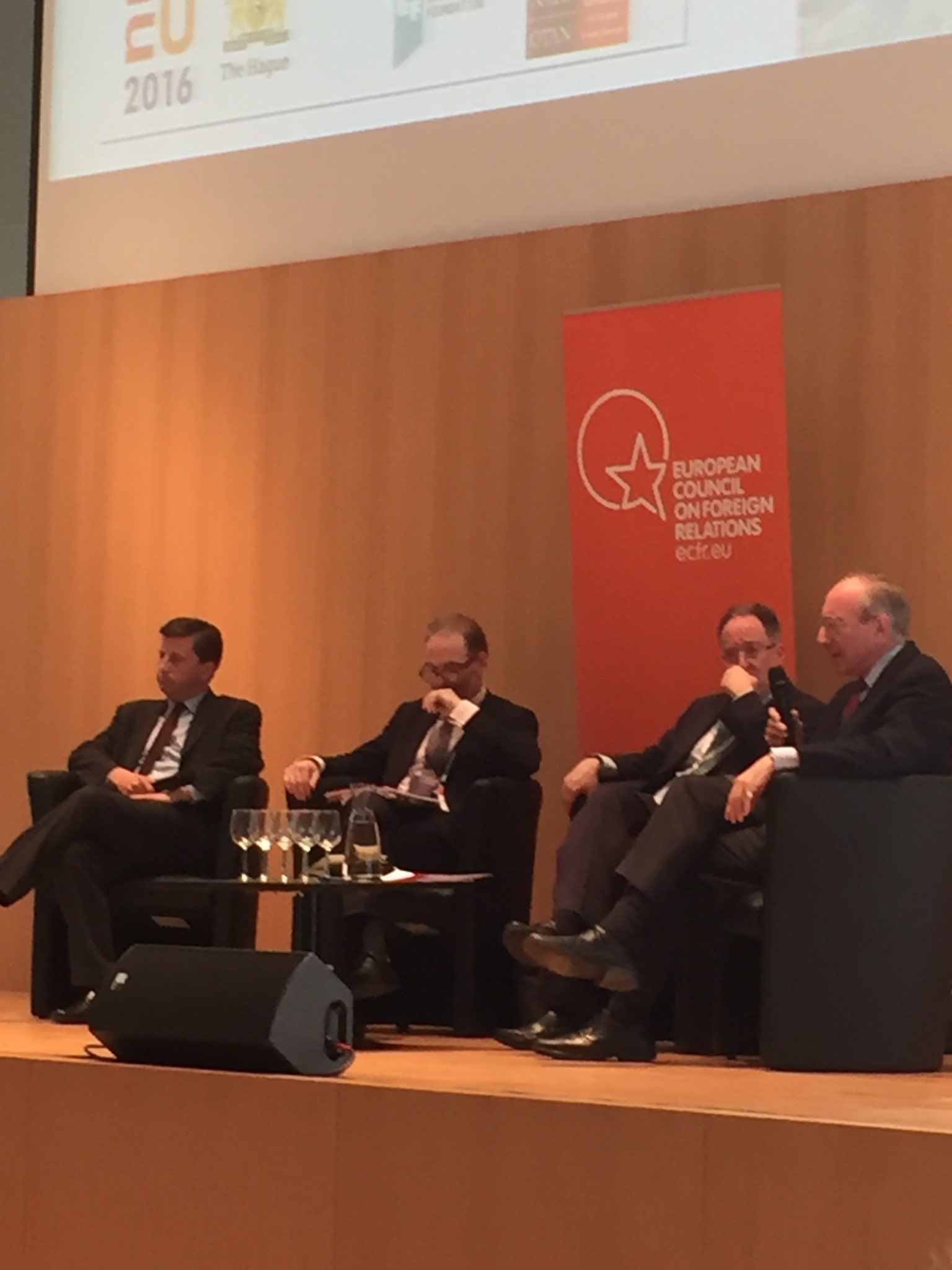
"How exceptional is UK? Are they really so different from the rest of the MS?" #ecfr16
— Piia-Noora Kauppi (@Piianoora) June 27, 2016
Charisma versus experience: Malcolm Rifkind characterises Boris vs Teresa May leadership election #ecfr16
— Susi Dennison (@sd270) June 27, 2016
Boris Johnson is not a Donald Drumpf; he's extremely intelligent and civilized. But being mayor of London doesn't mean you can be PM #ECFR16
— Cristina Manzano (@ManzanoCr) June 27, 2016
@JyShapiro no way
— Sylvie Kauffmann (@SylvieKauffmann) June 27, 2016
Would an English victory in the UEFA Cup reverse Brexit? If the Europeans really care about UK membership should they let them win? #ecfr16
— Jeremy Shapiro (@JyShapiro) June 27, 2016
@D_G_Alexander at #ecfr16: a deal to curb freedom of movement to keep UK in Europe. Which member states would support that now?
— mattia toaldo (@mattiatoaldo) June 27, 2016
Phil Gordon, former US asst sec of state: you Europeans will be obsessed with yourselves for years and less interested in the world #ecfr16
— Tom Nuttall (@tom_nuttall) June 27, 2016
Englishness has been a buried identity, says @fromTGA; must not be left to xenophobes #ecfr16
— Josef Janning (@JJ52) June 27, 2016
Happy to see old colleague @D_G_Alexander-about what #Brexit means for Scotland; "nothing is inevitable" but politics matter #ecfr16
— Gunilla Carlsson (@CarlssonSwe) June 27, 2016
@D_G_Alexander: Scottish independence is now inevitable back on the agenda. #ecfr16 #Brexit
— Diana Janse (@sigriddiana) June 27, 2016
.@gideonrachman: at this moment both the 2 major parties and the country are disintegrating. #brexit #ecfr16
— Yoeri Albrecht (@YoeriAlbrecht) June 27, 2016
It is unclear to me which stage of grief the remain Brits are in. It's either denial or bargaining. Acceptance seems a ways off #ecfr16
— Jeremy Shapiro (@JyShapiro) June 27, 2016
Former UK FM @MalcolmRifkind at #ecfr16: on foreign policy, let's have an EU plus 1 like we had P5+1 on Iran
— mattia toaldo (@mattiatoaldo) June 27, 2016
.@fromTGA: Putin is not going to wait for two years and give the EU & UK time to sort their business out. #ecfr16
— Yoeri Albrecht (@YoeriAlbrecht) June 27, 2016
Stay calm&keep Britain - as we need UK in EU -and find time to solve this situation. Wise aspects re CFSP #ecfr16
— Gunilla Carlsson (@CarlssonSwe) June 27, 2016
#ecfr16 @D_G_Alexander: 'likes of michael gove +boris johnson see public life as game, from Bullingdon Club to weakening a continent #brexit
— Dina Pardijs (@PardijsDJ) June 27, 2016
#ecfr16 @D_G_Alexander on #Brexit: globalisation creating localism,need sense belonging & alienation. But referendum 4 Tory party interests
— F. de Borja Lasheras (@LasherasBorja) June 27, 2016
.@D_G_Alexander: Brexit referendum was "eminently avoidable"; campaign was "profound assault on reason". #ecfr16
— Tom Nuttall (@tom_nuttall) June 27, 2016
@fromTGA "Brexit left us with a deeply angry and divided country" #ecfr16
— Angela Stanzel (@angela_stanzel) June 27, 2016
Europe is, so to speak, the intensified form of globalization @fromTGA #ECFR16
— Cristina Manzano (@ManzanoCr) June 27, 2016
We are a country still in shock, @fromTGA on #Brexit #ECFR16
— Cristina Manzano (@ManzanoCr) June 27, 2016
Douglas Alexander, former Secretary of State for International Development @D_G_Alexander
Timothy Garton Ash, Professor of European Studies, Oxford University @fromTGA
Malcolm Rifkind, former UK Foreign Secretary @MalcolmRifkind
Moderator: Gideon Rachman, Chief Foreign Affairs Columnist, Financial Times @gideonrachman
#ECFR16 next session: #Brexit, Views from the UK" starts in 5 mins https://t.co/0y18FcUByv with @fromTGA @D_G_Alexander @malcomrifkind
— ECFR (@ecfr) June 27, 2016
Watch the video of the latest section: "Brexit, Views from Europe", with George Soros, Alexander Stubb, Norbert Röttgen, Helle Thorning-Schmidt, Gordon Bajnai and Gideon Rachman
Brexit: Views from Europe
Posted by ECFR on Monday, 27 June 2016
For the first time ever there's a pro-european movement developing in the UK, says @alexstubb #ecfr16
— Josef Janning (@JJ52) June 27, 2016
.@georgesoros warns #ecfr2016 of the 'old fashioned, one-sided' nature of Maastricht, which recognised danger of inflation, NOT deflation.
— Laura Kelleher (@KelleherLaura) June 27, 2016
#ecfr16 @georgesoros: "#Ukraine now has the best government since the Maidan"
— ECFR (@ecfr) June 27, 2016
We are now in conditions very reminiscent of the 1930s @georgesoros #ECFR16
— Cristina Manzano (@ManzanoCr) June 27, 2016
George Soros: Europe is doomed w/o fundamental reform. Also, a 2007/8 style shock is headed our way. #ECFR16
— Walter Russell Mead (@wrmead) June 27, 2016
@fromTGA no Timothy, not one Baltic State but only one 2004 or later enlargement country #ecfr16
— toomas hendrik ilves (@IlvesToomas) June 27, 2016
@IlvesToomas jests that meeting of EU founding 6 like having summit of 13 US states. Juncker has visited only1 Baltic state, once #ecfr16
— Timothy Garton Ash (@fromTGA) June 27, 2016
.@IlvesToomas: without UK we'll have a dirigiste protectionist EU: wave goodbye to projects like digital union. #ecfr16
— Tom Nuttall (@tom_nuttall) June 27, 2016
.@IlvesToomas: behaviour of @JunckerEU is "abominable" - visited "new" MS only once, decreeing refugee quotas. #ecfr16
— Tom Nuttall (@tom_nuttall) June 27, 2016
#ecfr16 Everyone seems to draw from #Brexit support for the views he has always held: More EU, less EU, more liberalism, closer borders...
— Sebastian Dullien (@SDullien) June 27, 2016
@alexstubb the rest of Europe should let the UK take its time to figure out by itself what it wants to do #ecfr16 #brexit #eupol
— Rebecca Adler-Nissen (@RebAdlerNissen) June 27, 2016
#ecfr16 "Europe needs a re-imagining else it or else it will spiral into a long drawn out disintegration" George Soros
— Katherine Watson (@Kewatsonecf) June 27, 2016
@NorbertRöttgen Who are "The French"? and "The Gemans"? The 40% LePen voters or the others? the 25% Pegida marchers or the others? #ecfr16
— Ulrike Guérot (@ulrikeguerot) June 27, 2016
My 2nd learning from #ecfr16: More work needs to be done on rebuilding the political center of the EU. Debate has reassured my conclusion.
— Josef Janning (@JJ52) June 27, 2016
Do we really believe that six middle aged men running around in a palace in Berlin can solve the crisis in #EU ?@alexstubb #ecfr16 #Brexit
— Petra Stienen (@petra_stienen) June 27, 2016
"If you try to look for solution for the future you don't go back into the past and have a meeting with 6 countries" @alexstubb #ecfr16
— Lykke Friis (@lykkefriis) June 27, 2016
Founding members meeting is a backwards message, Nordic voices say at #ecfr16
— Josef Janning (@JJ52) June 27, 2016
A self obsessed Europe is of less interest to the US: #brexit is worrying from that perspective. Phil Gordon @ECFR ACM #ecfr16
— Susi Dennison (@sd270) June 27, 2016
Now need inclusive reflection & reframing & regaining exercise, idea of a Shift Commission for Europe plausible @slaughterAM #ecfr16
— Verena Ringler (@VerenaRingler) June 27, 2016
Phil Gordon now giving the US perspective on Brexit here at #ecfr16. https://t.co/TzqIOiEMBP
— Laura Kelleher (@KelleherLaura) June 27, 2016
.@alexstubb: Let's let the Brits - and I say this with love - suffer this one out on their own for a while. #ecfr16
— Tom Nuttall (@tom_nuttall) June 27, 2016
"Is this the moment, when a new globalist movement actually is created?", says @alexstubb #ecfr16 #brexit
— Piia-Noora Kauppi (@Piianoora) June 27, 2016
.@HelleThorning_S - time for "aggressive co-operation" between moderates in Europe. No crazy integration projects. #ecfr16
— Tom Nuttall (@tom_nuttall) June 27, 2016
Science fiction comes in the debate #ecfr16. Fits with the wish of many not to believe that #Brexit is final,even if it hasn't happened yet
— Vessela Tcherneva (@vtcherneva) June 27, 2016
#ecfr16 @georgesoros regarding after #Brexit: There is spontaneous popular movement from people who in the past stayed away from politics.
— Rim Turkmani (@Rim_Turkmani) June 27, 2016
No pushing, no informal negotiations; let Brits experience insecurity, costs and friction, says Norbert Röttgen #ecfr16
— Josef Janning (@JJ52) June 27, 2016
@Bajnai_Gordon at #ecfr16 #Brexit: "Revolutions are not made by the poor, but by those who are disappointed." How to limit disappointments?
— Sebastian Dullien (@SDullien) June 27, 2016
George Soros at #ecfr16 "Brexit is not a fait accompli."
— Walter Russell Mead (@wrmead) June 27, 2016
At #ecfr16, both @alexstubb and @HelleThorning_S raising questions over sustainability of freedom of movement within EU after Brexit.
— Tom Nuttall (@tom_nuttall) June 27, 2016
Show more respect for people, warns Helle Thorning-Schmidt, most are simply afraid. #ecfr16
— Josef Janning (@JJ52) June 27, 2016
'We must step back, understand why this happened - why are we surprised?' @HelleThorning_S #Brexit #ECFR16
— anna holligan (@annaholligan) June 27, 2016
@alexstubb at #ecfr16 thinks #Brexit decision might be reversible - maybe by new concessions on freedom of movement of labor.
— Sebastian Dullien (@SDullien) June 27, 2016
UP NEXT: Brexit: Views from Europe
Gordon Bajnai, Former Prime Minister of Hungary @Bajnai_Gordon
Norbert Röttgen, Chairman of the Committee on Foreign Affairs, Bundestag
George Soros, Founder and Chairman, Open Society Foundations @georgesoros
Alexander Stubb, Former Prime Minister of Finland @alexstubb
Helle Thorning-Schmidt, CEO, Save the Children International @HelleThorning_S
Moderator: Gideon Rachman, Chief Foreign Affairs Columnist, Financial Times @gideonrachman
'What Europe is it worth fighting for?' Fundamental questions raised at #ECFR16 in the Hague after #Brexit vote pic.twitter.com/nVPvrnwdvk
— Ulrike E Franke (@RikeFranke) June 27, 2016
Mark Leonard: "The EU's diplomatic way with compromises in a win-win atmosphere is being blown up to zero-sum political struggles" #ecfr16
— Rebecca Adler-Nissen (@RebAdlerNissen) June 27, 2016
Language of independence rather than interdependence prevails, Brexit is symptom of EU wide diseases, says @markhleonard #ecfr16
— Vessela Tcherneva (@vtcherneva) June 27, 2016
.@markhleonard #Brexit is like fall of Berlin Wall in reverse -may trigger disintegration of Europe & also Member States #ecfr16
— Ellie Geranmayeh (@EllieGeranmayeh) June 27, 2016
Initial remarks by ECFR Director Mark Leonard
Just helped to open #ecfr16 with @markhleonard and @MabelvanOranje Two days of thought provoking debate on #EuropeanUnion and foreign policy
— Alison Wallace (@alisonw_ECFR) June 27, 2016
Mabel van Oranje, co-chair of ECFR Board and Alison Wallace, ECFR's new CEO are welcoming the participants to the #ECFR16

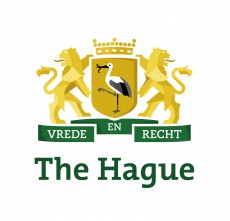

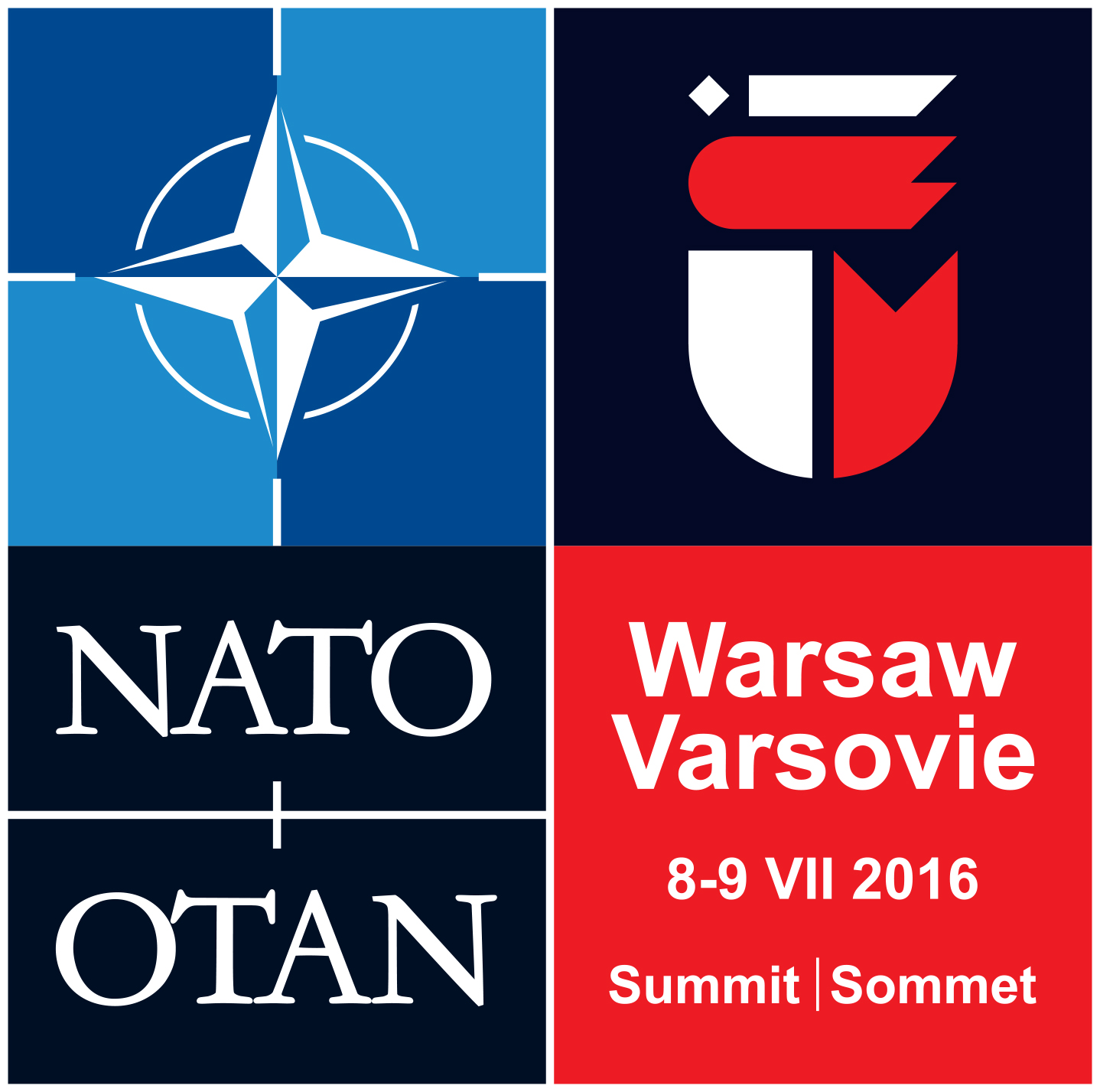
The Hague photo credit: Tom Roeleveld / Flickr